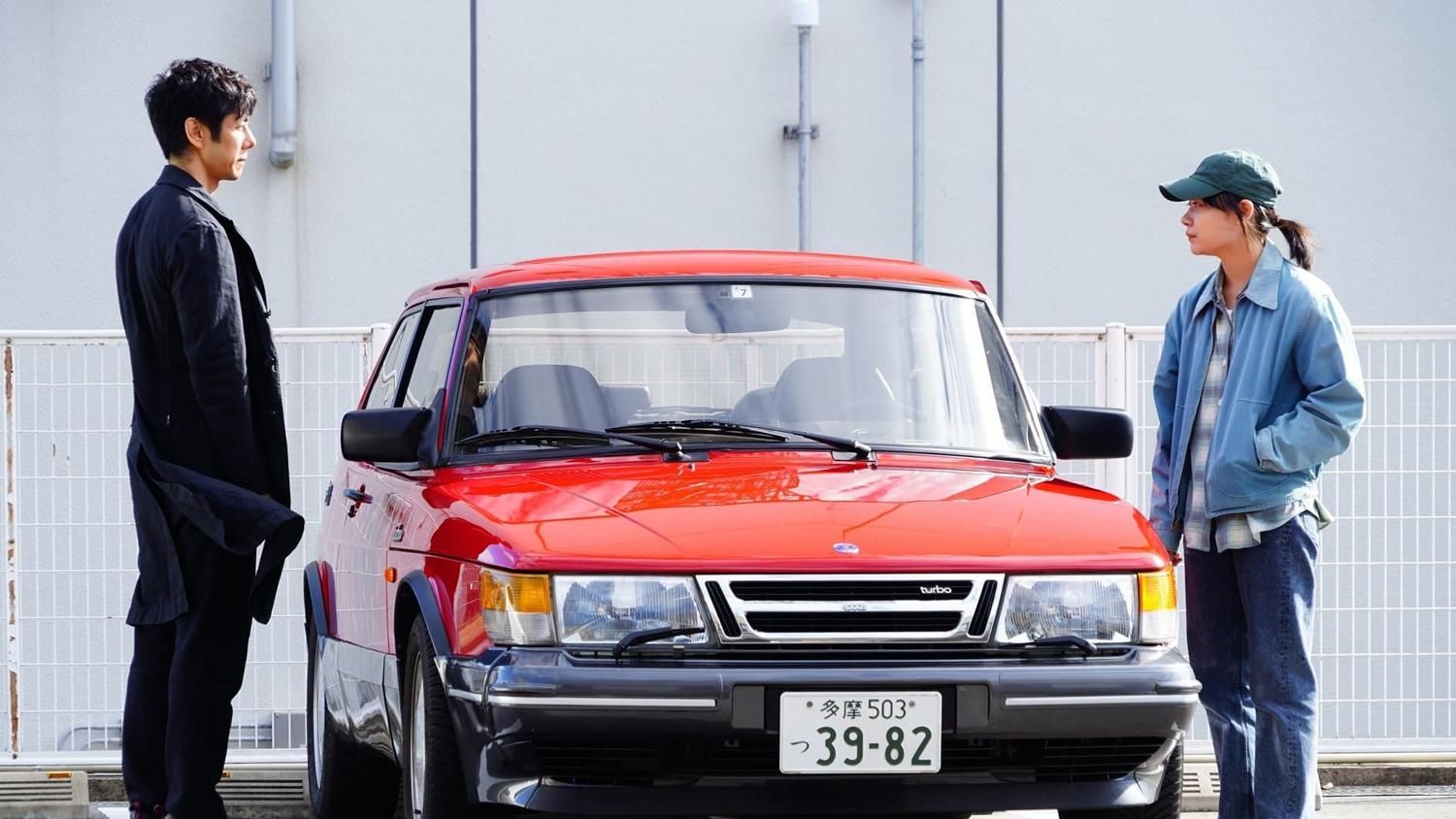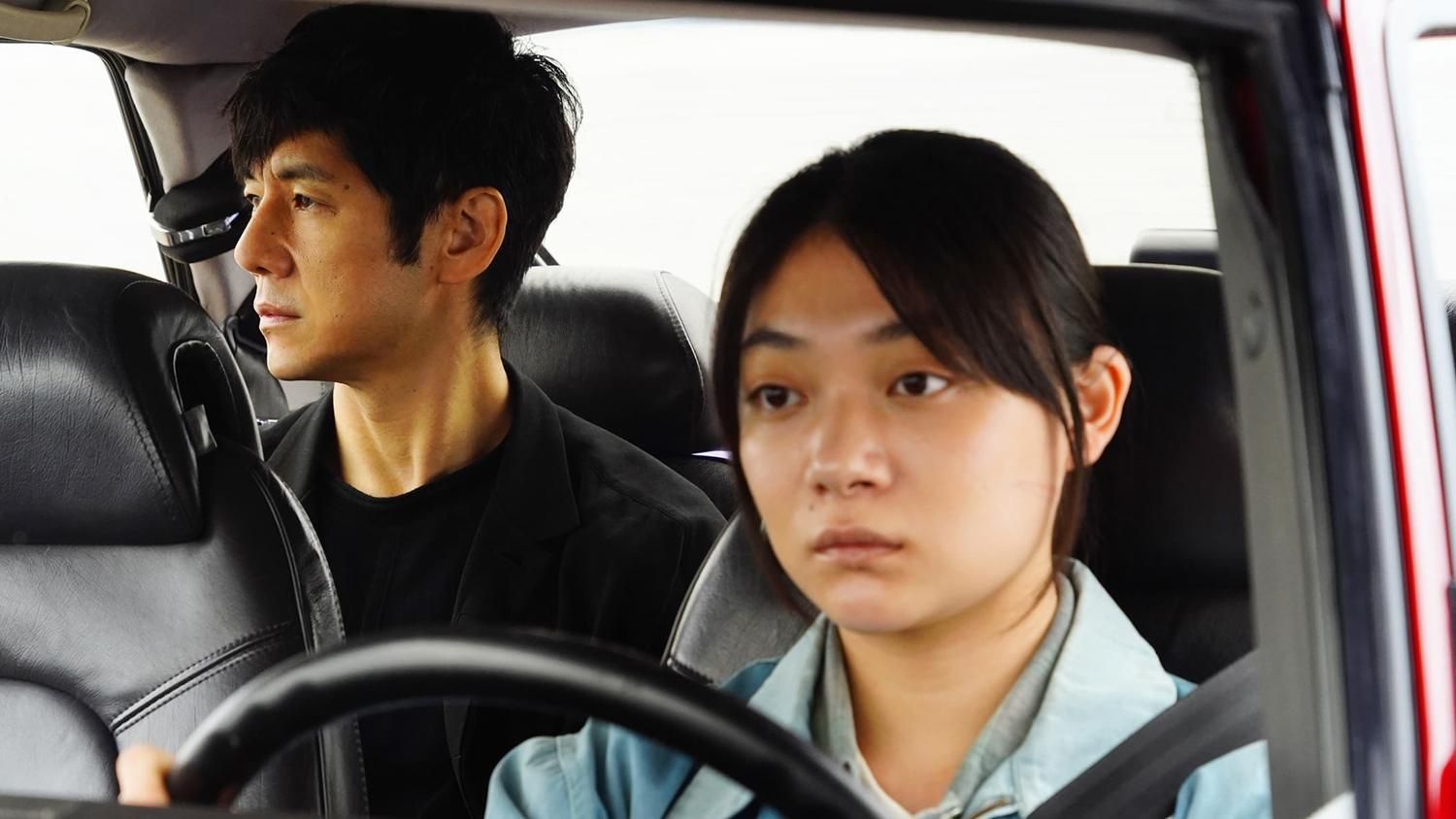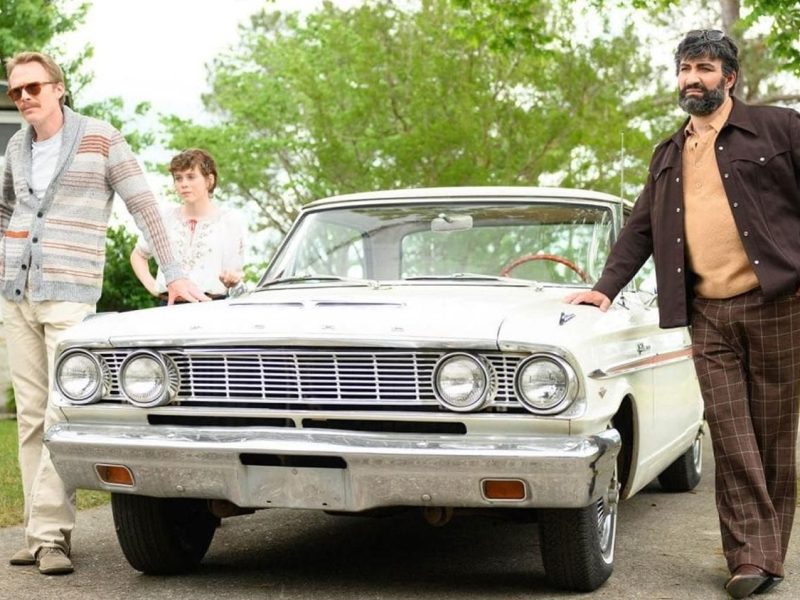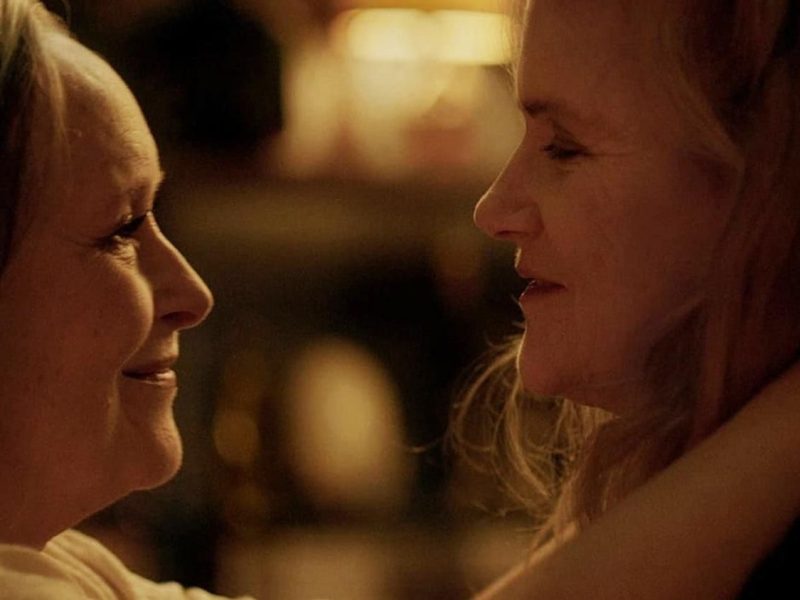Drive My Car Review
The titles that are 'opening' for Ryusuke Hamaguchi's Drive My Car appear around the 40 minute mark. The film is based on the original origins, a 40-page short story written by Haruki Murakami Hamaguchi's narrative is the cinematic equivalent to Murakami's prose. It is simple slow, meditative and sufficient enough to explore an array of thoughts, ideas and emotions. The 179-minute runtime is made more apparent by the impression that it's a collection of vignettes instead of a narrative that is connected, but it's a stunning captivating, mysterious film that attracts your interest.

Hamaguchi follows an approach that is more linear than Murakami's mysterious yarn. The central character is Yusuke (Hidetoshi Nishima) an accomplished actor-director of theatre who is known for his work in multi-lingual and experimental productions of classic works He is set to start the Chekhov play Uncle Vanya. He has a complicated relationship with spouse Oto (Reika Kirishima) who is a successful TV writer, is a bit tangled (they lost their daughter a few years before), Oto reciting erotic fantasies after and during sexual encounters, such as the story of a teenager who enters the home of her boyfriend. A few years later, Yusuke plays Vanya in a theater festival in Hiroshima and casts the an arrogant actress Koji (Masaki Okada) — whom Yusuke was able to see having a sexual encounter with Oto as the leading part. As the two men fight for desires between these two, Yusuke becomes involved with his driver Misaki Watari (Toko Miura), a quiet presence that turns into a platform for the actor's internal turmoil before she transforms into something completely different.
Hamaguchi's cinemamaking is top-quality as well as the emotions.
Yusuke's vehicle — his favorite red Saab 900 is given an entirely unique character within the movie. It is a confessional car on wheels, as the actor and chauffeur form bonds and share their struggles in the smallest of increments and an unlikely couple achieving an agreement (think that it's a gruesome scene from Car Share, without the MOR hit). Each of Nishijima and Miura create beautifully textured portrayals of sadness, Misaki taking the narrative and Miura taking the steering wheel as the narrative develops.
Hamaguchi's style of filmmaking is impeccable and as refined as the emotions. The sadness of the film is accentuated by the monotonous sound of a car's engine as the director is able to liven up his sluggish aesthetic with a splash of bravado (Yusuke misaki's and Yusuke's hands each carrying cigarettes, stretched through the Saab's wide sunroof while it speeding across the sky is breathtaking). Drive My Car is a visually impressive, rich and rich work that is full of thoughts about loss, grief as well as about the nature and value of inspiration. In addition to Burning it's the most successful film by Murakami ever. It's also possibly the most entertaining advertisement for an Saab 900 ever committed to celluloid.


